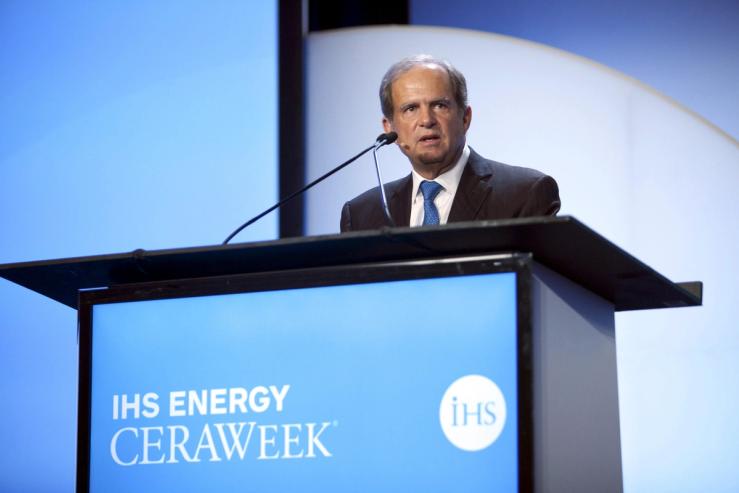Corporate boardrooms have become political weathervanes, spinning frantically in Washington’s shifting winds. What happens when they shift back?
Consider Exxon. In 2023, the company agreed to buy shale giant Pioneer and give its CEO, Scott Sheffield, a board seat. Biden’s Federal Trade Commission later accused him of trying to fix global oil prices — which is harder than it sounds, just ask the Saudis (though asking the Saudis is what got Sheffield in trouble, so perhaps don’t) — and banned him from Exxon’s board. The company swallowed the penalty in the name of regulatory expediency.
The FTC, now run by an appointee of President Donald Trump, overturned the ban earlier this month, allowing Sheffield to end his career with a plum posting. But he turned it down, accusing Exxon of signing “a rushed, baseless and illegal order” that “broke the commitment they made to me.”
It’s unclear whether the board seat was still on offer, or whether Exxon CEO Darren Woods ever really wanted Sheffield there at all. But the outspoken wildcatter is now an enemy and, as he publicly reminded Exxon, one of its largest shareholders. He said he’ll “consider other options” to wield the influence he believed he was denied.
The episode is a reminder that the edicts of one administration can be revisited by the next. MAGA is powerful but not invincible, and companies writing checks or scrapping DEI policies to stay on its good side may find those decisions age badly beyond 2028.
Today’s FTC, led by officials who had criticized the Sheffield ban as partisan overreach, is now using similar tactics to push its own political agenda, recently conditioning approvals for an advertising merger on a free-speech test that will benefit, among other publishers, Elon Musk’s X.
A regulatory body using its leverage over corporate dealmaking to extract a pound of flesh? That’s just politics, but it belongs to both parties now. Companies that bend to short-term political expedience may end up regretting it when the winds inevitably change again.



